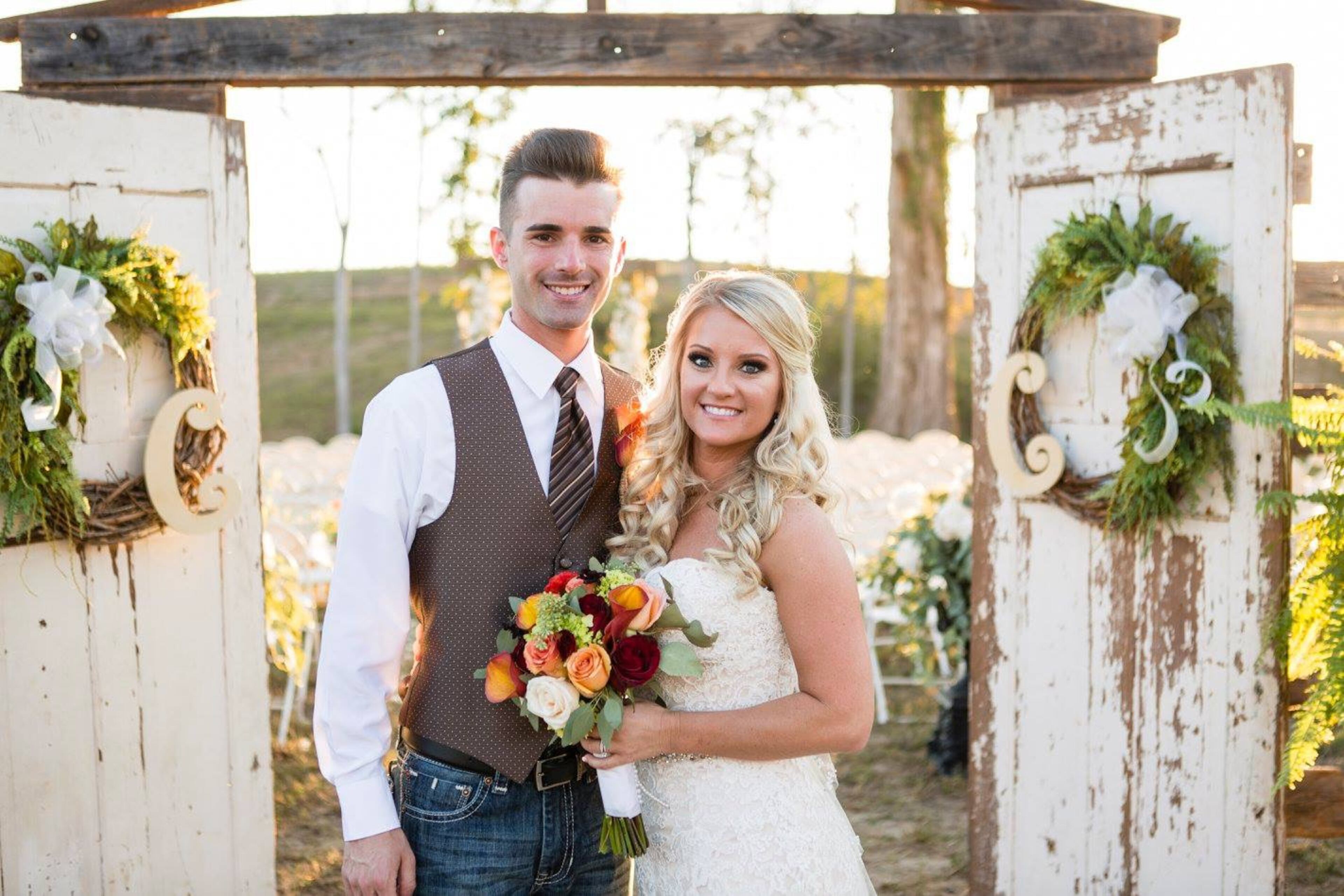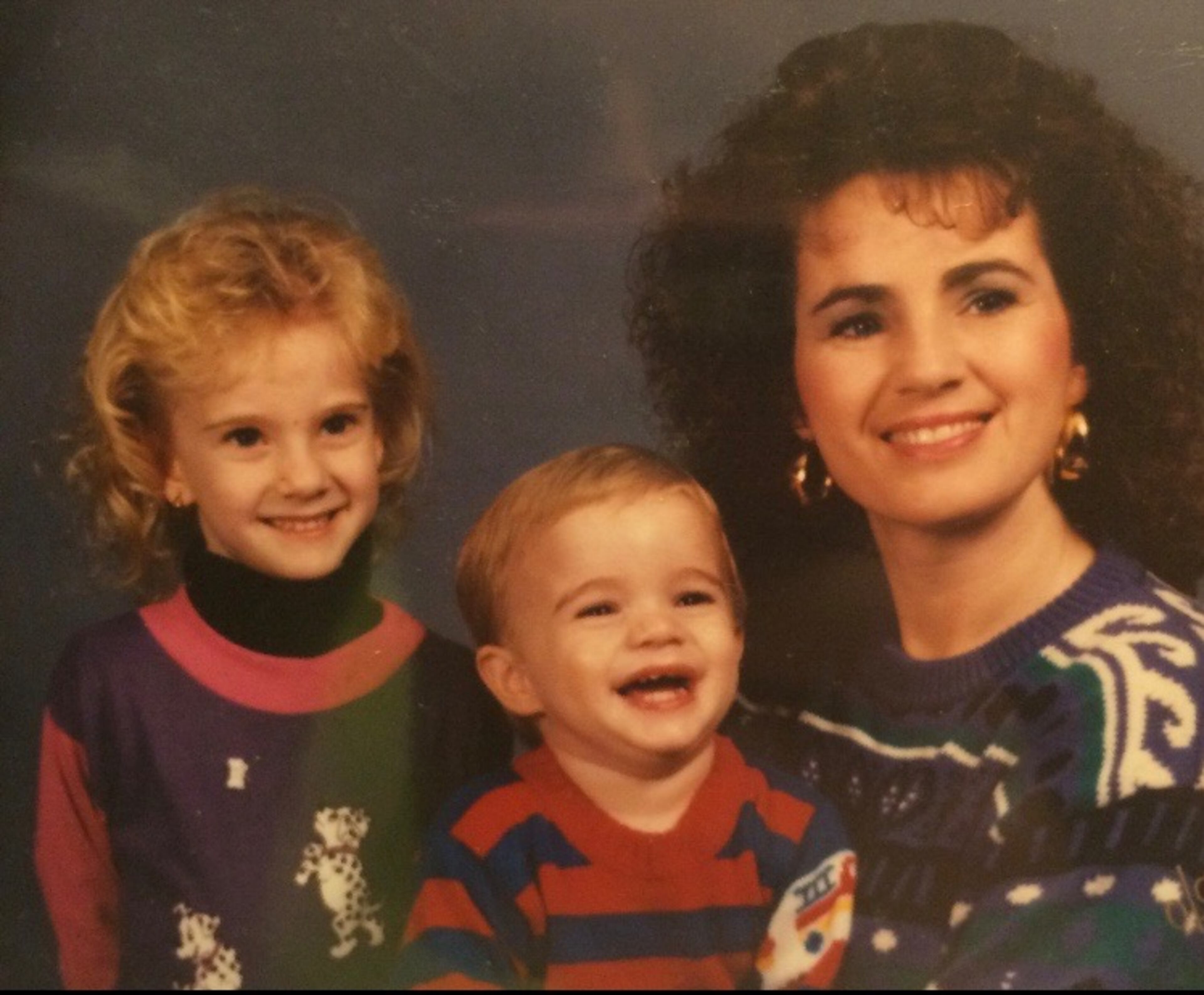Clemency denied for Ga. man facing execution for double murder

The Board of Pardons and Paroles declined Tuesday to grant clemency to Donnie Lance, a 65-year-old inmate whose execution looms.
Attorneys for Lance have motions before several courts to halt his death, but barring any last minute intervention, he is expected to be executed after 7 p.m. Wednesday at the Georgia Diagnostic and Classification Prison in Jackson. The method of death will be a lethal injection of pentobarbital, punishment for the 1997 brutal murders of Lance’s ex-wife Joy Lance, 39, and her boyfriend, Dwight “Butch” Wood Jr., 33.
The inmate's children, whose mother was Joy Lance, pleaded with the board to spare his life. Jessie Lance and his sister Stephanie Cape, who are in their 30s, have also in recent months unsuccessfully called for new DNA testing to confirm whether he committed the crime. Other relatives of the victims went to the meeting to argue in favor of Lance's execution.
Clemency hearings are closed to the public.
In a letter attached to the clemency petition, the children said the pain of losing their mother would be compounded if the state kills their father.
“We have spent our whole lives with this huge gaping hole in our hearts,” the siblings wrote, “but at least we’ve had dad at our sides. It’s almost impossible to imagine that it could get worse.”

Other relatives were relieved to know the execution is likely to move forward.
“We need closure. This is our closure,” Wood’s sister Tammy Dearing told The Atlanta Journal-Constitution. “We visit Butch at his grave. We don’t get to go to the prison and have visits.”
She said she had great sympathy for the Lance children, but she laid the blame for their father’s impending death at his own feet.
Lance’s clemency petition leaned heavily on the fact that the jurors who sentenced him to death in 1999 knew nothing about his brain damage from repeated head traumas, or the fact that he was borderline intellectually disabled. One of the injuries, Lance’s lawyers said, occurred when Lance was shot in the head during a previous confrontation with the murder victims.
Prosecutors have said Donnie Lance was abusive to Joy Lance and didn’t want her to date Wood.

In addition to seeking clemency, Lance’s lawyers have asked the U.S. Supreme Court to accept Lance’s appeal of Butts County Superior Court Judge Thomas Wilson’s decision denying DNA testing of evidence found at the murder scene. Lance’s lawyers have noted that, despite the horrific nature of Joy Lance’s beating, no blood or other physical evidence was found on Donnie Lance after police brought him in for questioning just hours after the killings. The lawyers asked for DNA testing on wood fragments from what is believed to be the butt of the shotgun used in the murders and a fingerprint from a shotgun shell found at the scene. The bodies were found at Wood’s home.

Because clemency hearings are closed, it’s hard to know exactly what went on. But in a recent interview, board Chairman Terry Barnard explained the process in general terms that may offer a window into how the Lance decision was made.
Barnard said the members spend weeks preparing for death penalty clemency hearings, poring over the case files, thick inmate files and materials submitted to the board.
“If we think the applicant is gonna try to claim innocence, then we’re going to look at how the jury came to their conclusion,” Barnard said. (Lance told board staff last week that he was innocent.)
If the board members believe the inmate is guilty, they then weigh whether the inmate has redeemed himself or herself from the crime. That’s a hard bar to reach, Barnard said, because of the brutal nature of the crimes at the root of many death penalty cases.
The board has mounds of data on every man or woman on death row, amassed through years of tracking each inmate. After hearing from witnesses for and against clemency, the five members deliberate before calling a vote. Each member casts a secret ballot. Only Barnard knows how the other members voted.
The board doesn’t have to reach a unanimous decision, just a majority. The board doesn’t release how many members voted for or against clemency.


